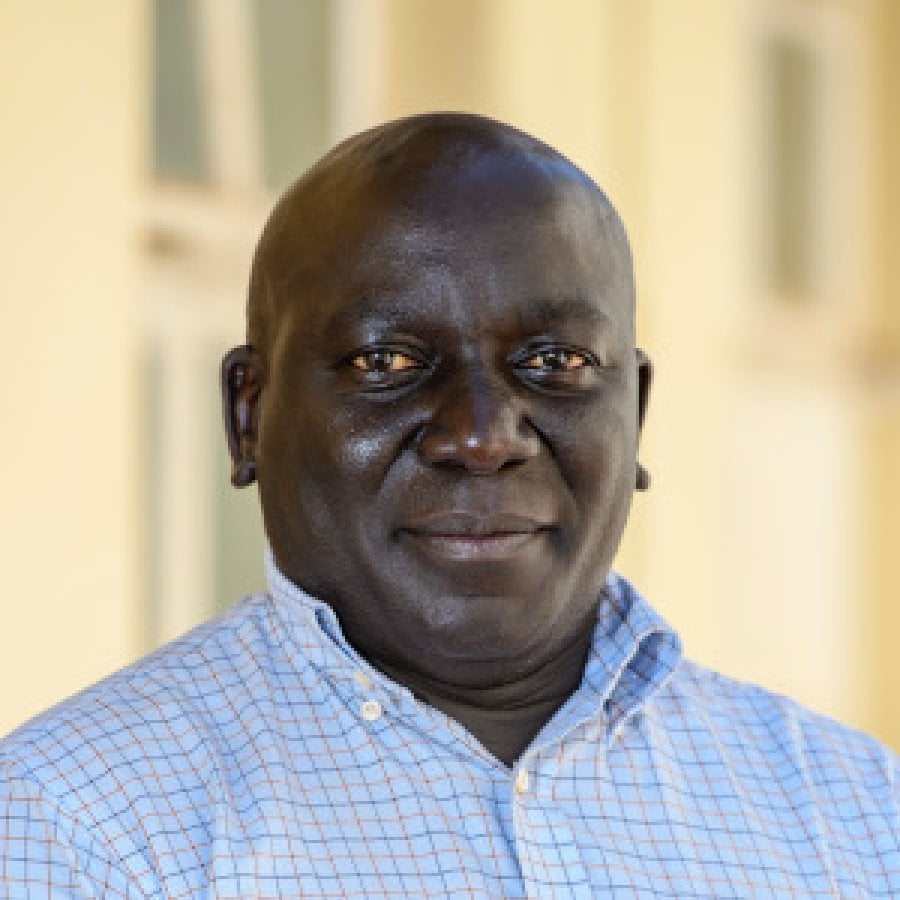
The MRC/UVRI and LSHTM Uganda Research Unit’s mission is to conduct high-quality research that adds knowledge and leads to improved control of infectious and non-communicable diseases in Uganda and beyond. The vaccine research theme interlinks with research themes across the unit and is comprised of several groups, including teams working on vaccines for viruses, teams working on TB, and those working on immunomodulation.
What vaccine related research is currently underway at the MRC unit in Uganda?
The Unit is at the forefront of vaccine discovery in the region. One of our senior scientists at the Unit - Dr Sheila Balinda has just been awarded a UK Innovate Grant for work on a Crimean Congo Haemorrhagic Fever vaccine. Schistosomiasis has been prioritised for urgent vaccine development and teams in Uganda are working on this using a controlled human infection model with Schistosoma mansoni. The Immunomodulation and Vaccines team are leading an NIHR Global Health Group, collaborating with colleagues in Kenya, to understand how biological, social and structural factors interact to determine the benefit that vaccines provide for different communities.
What real-life impact is this having in Uganda and beyond?
Our work around vaccines has had a real impact, we have been able to strengthen capacity at all stages in the vaccine development pipeline - which is in short supply in the region. This starts from early vaccine development work, through trials, to implementation.
What are some of the challenges working in Uganda at the moment?
I would say we have huge opportunities arising from working in a place at the forefront in relation to infectious diseases research needs. We are also lucky to have a strong and enthusiastic team, but we do need to further expand this. From time to time, we face logistical challenges e.g., there is always a need for a good deliberate and well-planned procurement process. Having all the required materials in time to start a project can be a challenge and may affect the execution of such a project.
How are collaborations between colleagues based in Uganda and the UK?
The Unit has several major collaborations with international colleagues that are very important to our work. These include work undertaken by Professor Heidi Larson and Vaccine Confidence Project, as well as long-standing collaborations with members of all faculties at LSHTM; and with Oxford and Imperial in the UK, as well as many other UK, African and international partners, whose contributions are greatly valued.
Our postgraduate taught courses provide health practitioners, clinicians, policy-makers, scientists and recent graduates with a world-class qualification in public and global health.
If you are coming to LSHTM to study a distance learning programme (PG Cert, PG Dip, MSc or individual modules) starting in 2024, you may be eligible for a 5% discount on your tuition fees.
These fee reduction schemes are available for a limited time only.
